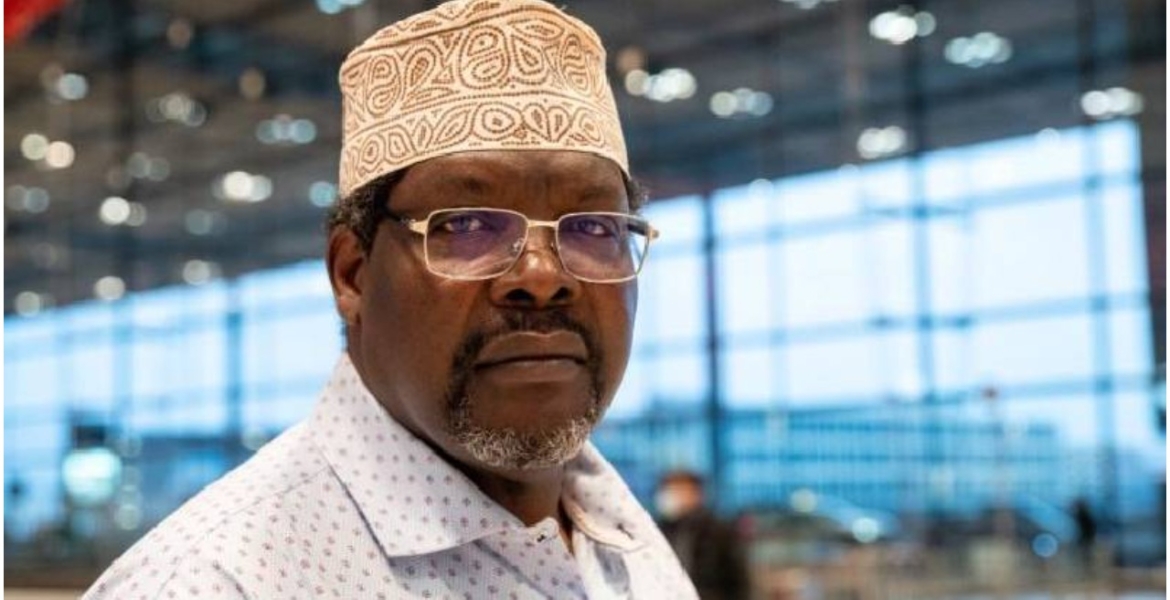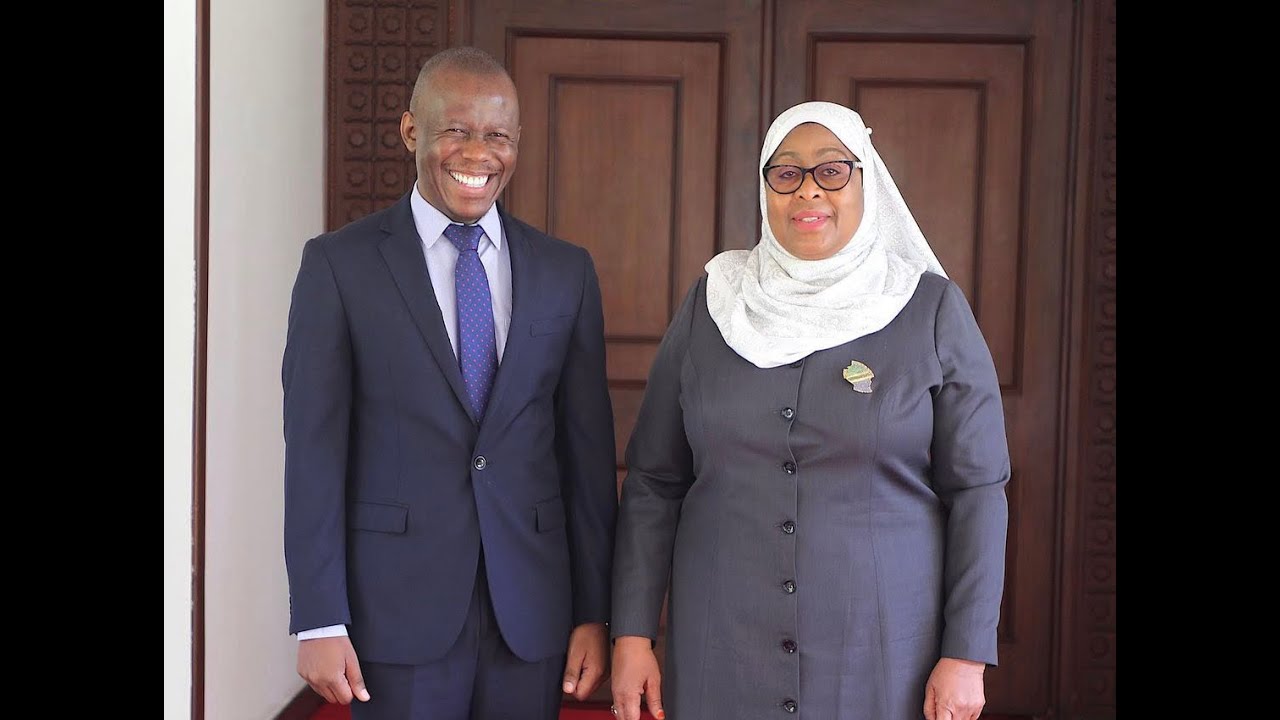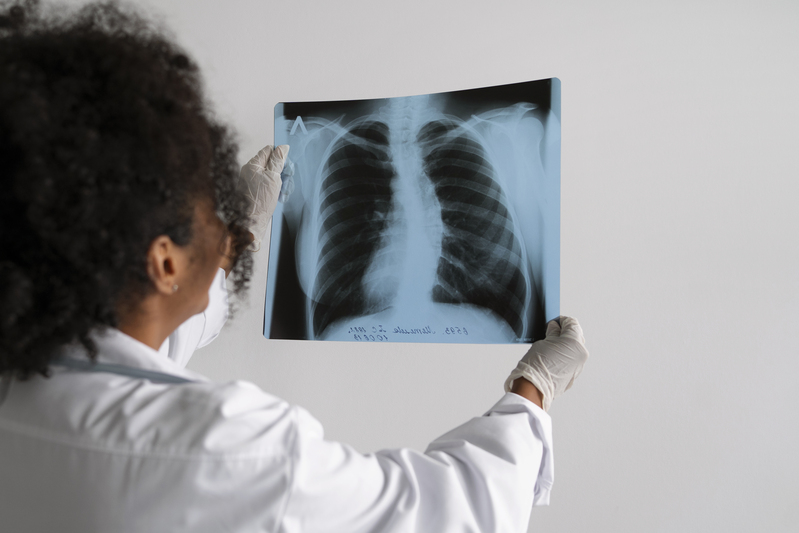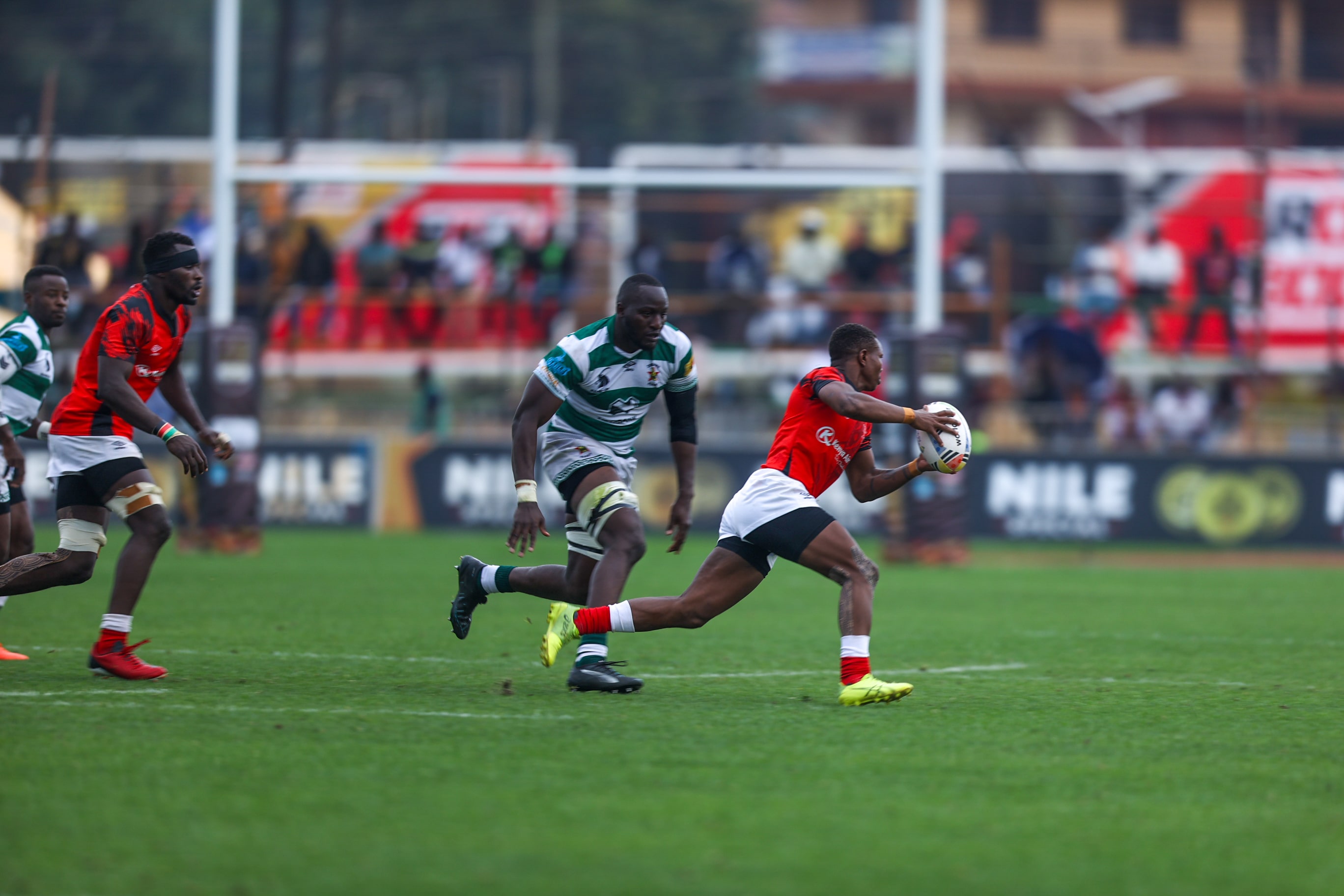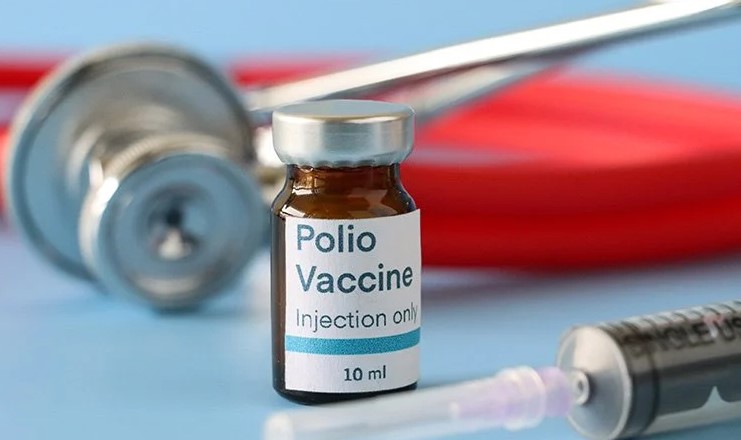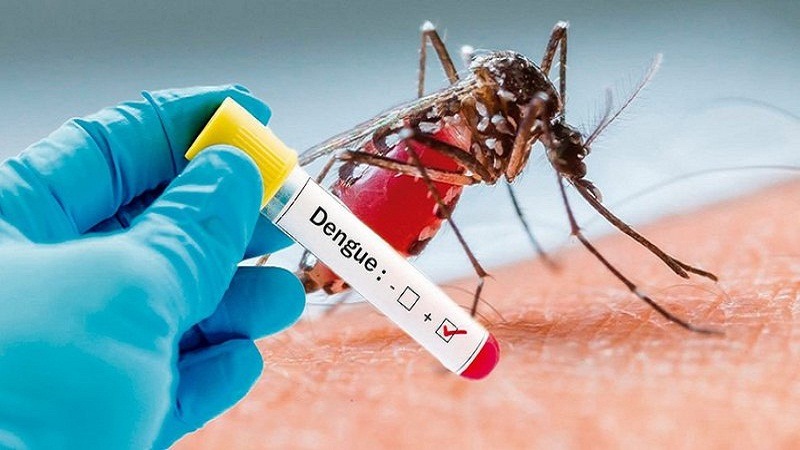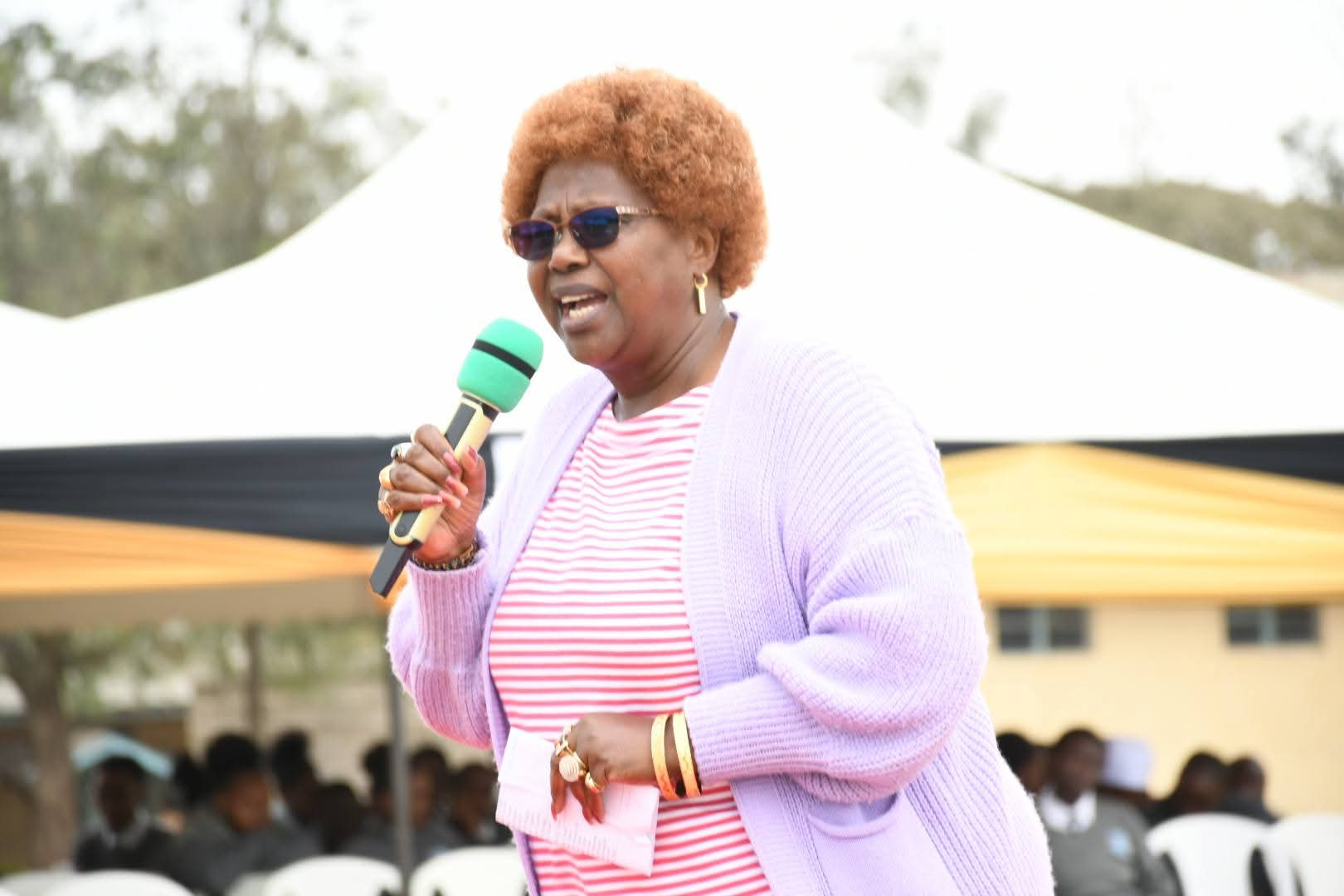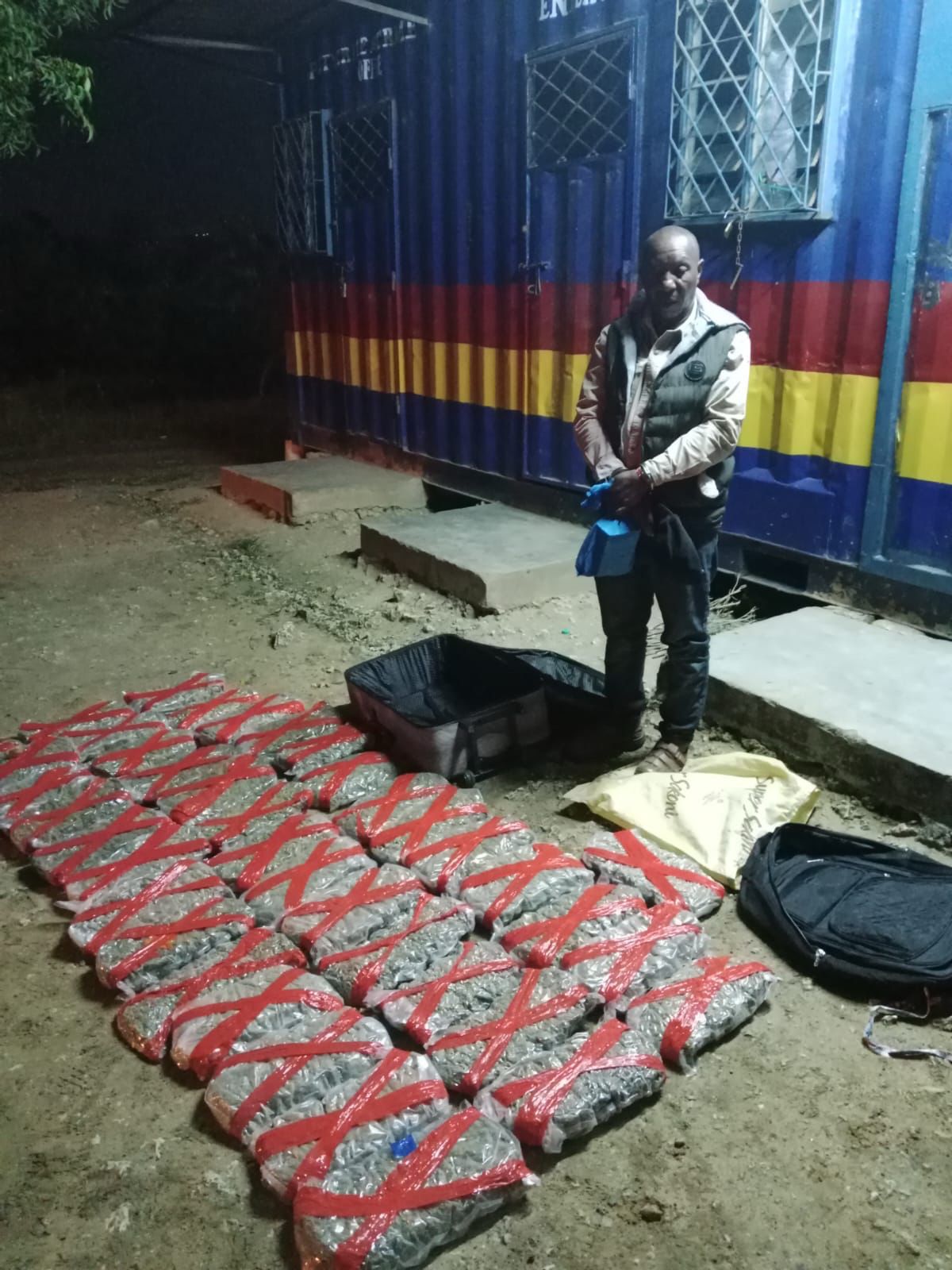How delayed polio detection in children causes serious health impacts

Severe cases of polio can be fatal, particularly among individuals who develop respiratory complications.
The movement of people, particularly across the Kenyan borders, has heightened the country’s risk of polio.
With low vaccination coverage and concerns about border transmission, the spread of a vaccine-derived virus has become a serious emergency, putting areas like Busia on high alert. Despite progress in vaccination efforts, Kenya continues to grapple with ongoing outbreaks of polio.
More To Read
- MoH says Kenya fully stocked on vaccines as Sh4.9 billion allocation secures future supply
- Kenya to receive BCG, polio vaccines next month - Health CS Duale
- Explainer: Why your child needs that polio vaccine
- Over 300,000 children vaccinated against polio in Garissa County
- 920,000 children in high-risk counties vaccinated against polio, says WHO
- Kenya launches second phase of mass polio vaccination to curb outbreak
Poliomyelitis (polio) is a highly contagious viral disease primarily affecting children under five years. The virus spreads mainly through the faecal-oral route, either through direct contact with an infected person or via contaminated food and water.
According to the World Health Organisation, once ingested, it multiplies in the intestines and can invade the nervous system, potentially leading to paralysis. If even one child is unvaccinated, other children are at risk of exposure, especially in vulnerable communities like the Kakuma Refugee Camp.
The Ministry of Health recently announced that four children from Kakuma Refugee Camp, Turkana West, and surrounding communities tested positive for the virus, prompting mass vaccination efforts in several counties. The country is currently dealing with circulating Vaccine-Derived Poliovirus Type 2 (cVDPV2).
According to Health Principal Secretary Mary Muriuki, children under five — especially those in overcrowded reception centres with inadequate sanitation — are the most affected. This finding follows an investigation that revealed suboptimal routine immunisation coverage among both host communities and new arrivals at Kakuma Refugee Camp.
“The investigation team found that routine immunisation coverage was lacking in both the host communities and among new arrivals at Kakuma Refugee Camp, with the majority of those affected being children aged 0-5 years. Additionally, congestion in the reception centres has worsened the poor sanitation conditions both within the centres and in the surrounding areas,” Muriuki stated.
Herd immunity
In densely populated or rural areas with inadequate sanitation, an unvaccinated child can become a carrier, facilitating the rapid spread of the virus and undermining herd immunity. Herd immunity relies on widespread vaccination to protect vulnerable individuals, such as infants and those with compromised immune systems. Experts emphasise that even one unvaccinated child can pose a significant risk to the entire community.
Dr Easther Mwaura, a clinical officer based in Eastleigh, highlights a concerning trend among some mothers regarding polio vaccinations. She notes that after completing the initial vaccine series, many mothers may overlook or dismiss government alerts about the need for ongoing vaccinations, particularly during outbreaks.
"Some mothers often feel that the vaccines are too numerous and believe their child is safe after receiving the initial doses. This mindset can lead to a significant lapse in vaccination during critical times, especially when there is an alert about a polio outbreak," she explains.
Mwaura stresses the importance of understanding that polio has no specific treatment — it is a viral disease that can only be prevented through vaccination.
"Vaccination is the sole effective solution to protect children from polio," she asserts.
She further emphasises the urgent need for proactive measures.
"If polio is not prevented early, it can result in irreversible paralysis. Mothers need to ensure that all recommended vaccines are administered on time. When the government announces an outbreak, it becomes even more crucial for families to respond swiftly. The virus can spread through contaminated water, and without vaccination, no child is truly safe from this disease."
Symptoms
There are various symptoms of polio.
Asymptomatic cases: Most infected individuals (up to 95 per cent) do not show symptoms and may unknowingly spread the virus.
Mild symptoms: Some may experience flu-like symptoms such as fever, fatigue, headache, vomiting, and stiffness.
Severe symptoms: A small percentage develop serious complications, including paralysis, known as acute flaccid paralysis (AFP), which can be permanent.
If polio is not detected early, it can lead to severe and lasting health consequences:
Paralysis: One of the most severe outcomes of polio is paralysis, which can occur when the virus invades the nervous system. This paralysis may be temporary or permanent, often affecting the legs, but it can also impact other muscle groups, including those involved in breathing.
Respiratory complications: In cases of bulbar polio, the virus affects the muscles that control breathing, potentially leading to respiratory failure and requiring interventions such as mechanical ventilation or prolonged hospitalisation.
Post-polio syndrome: Many individuals who recover from polio may experience post-polio syndrome (PPS) years later, characterised by new muscle weakness, fatigue, and pain. This syndrome can significantly impact one’s quality of life and functionality.
Increased mortality: Severe cases of polio can be fatal, particularly among individuals who develop respiratory complications. Early detection and intervention are critical to reducing mortality rates.
Early detection and vaccination are essential to preventing the serious health impacts of polio. Public health initiatives must focus on raising awareness about the importance of timely immunisation and the need for vigilance during outbreak situations to protect communities from this preventable disease.
Top Stories Today
